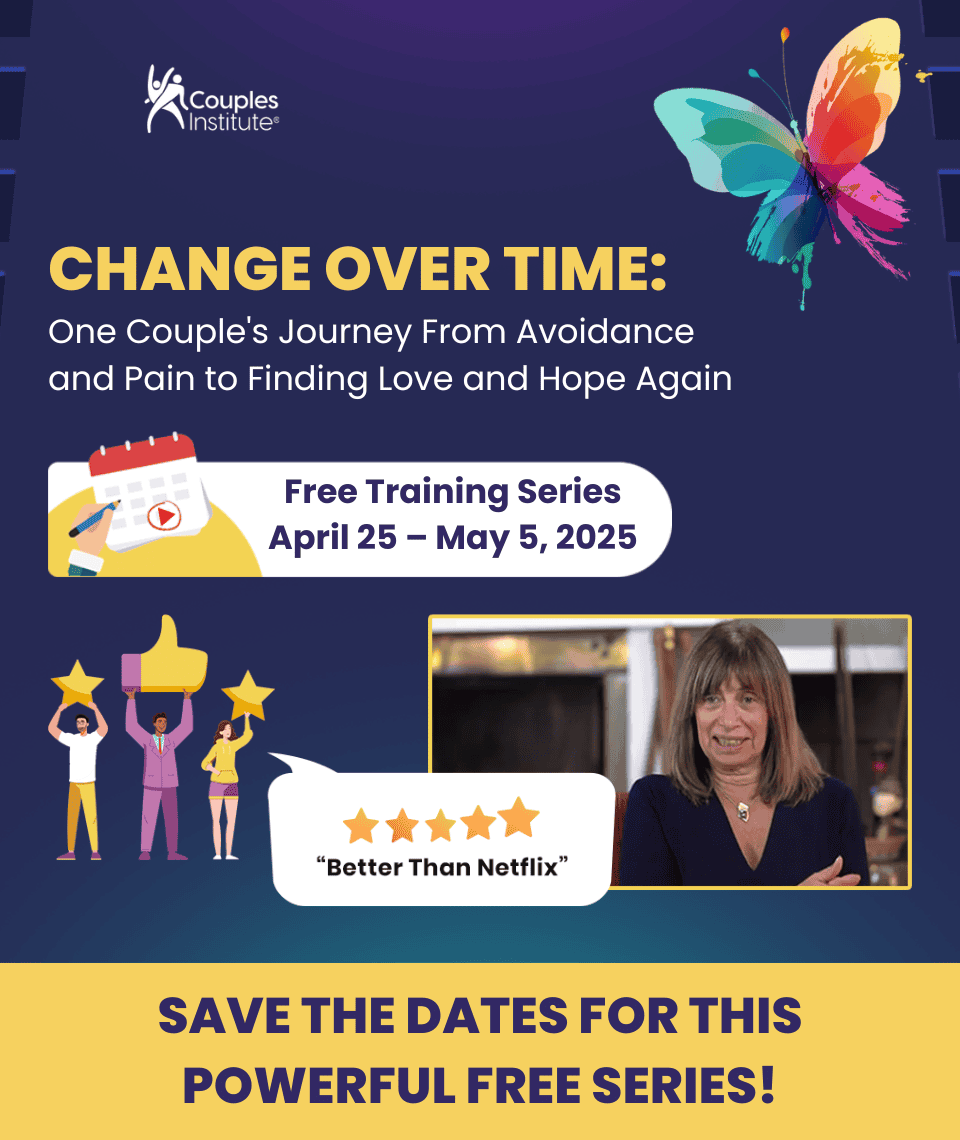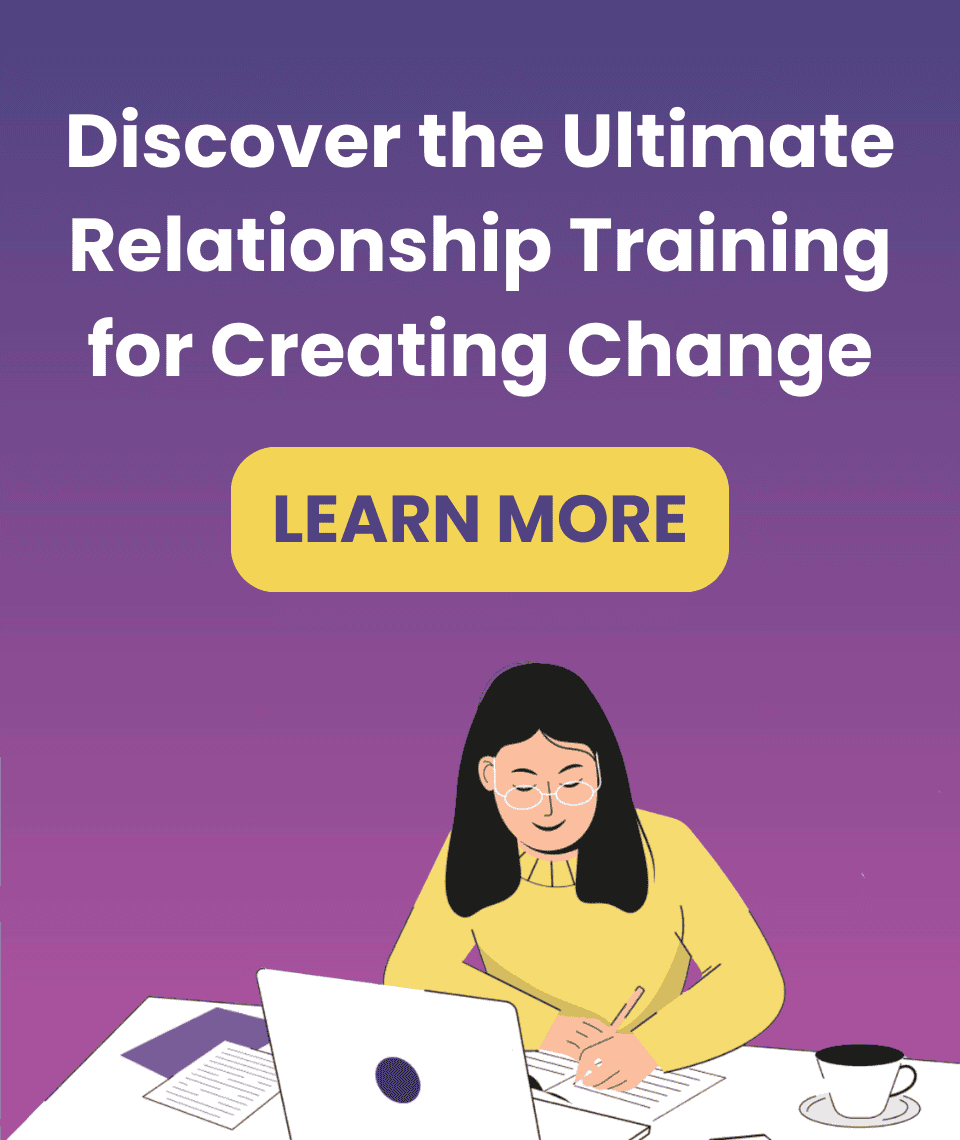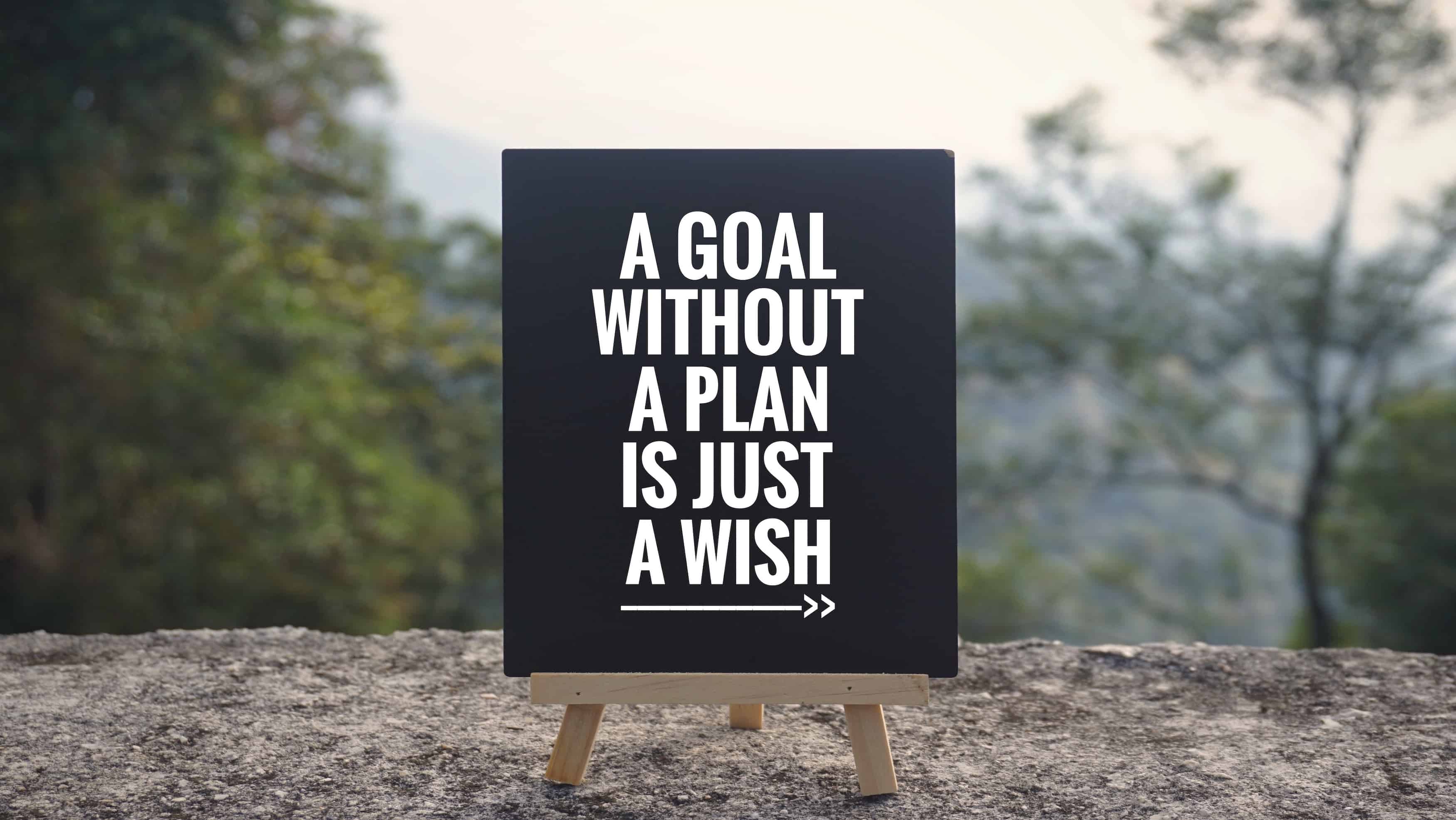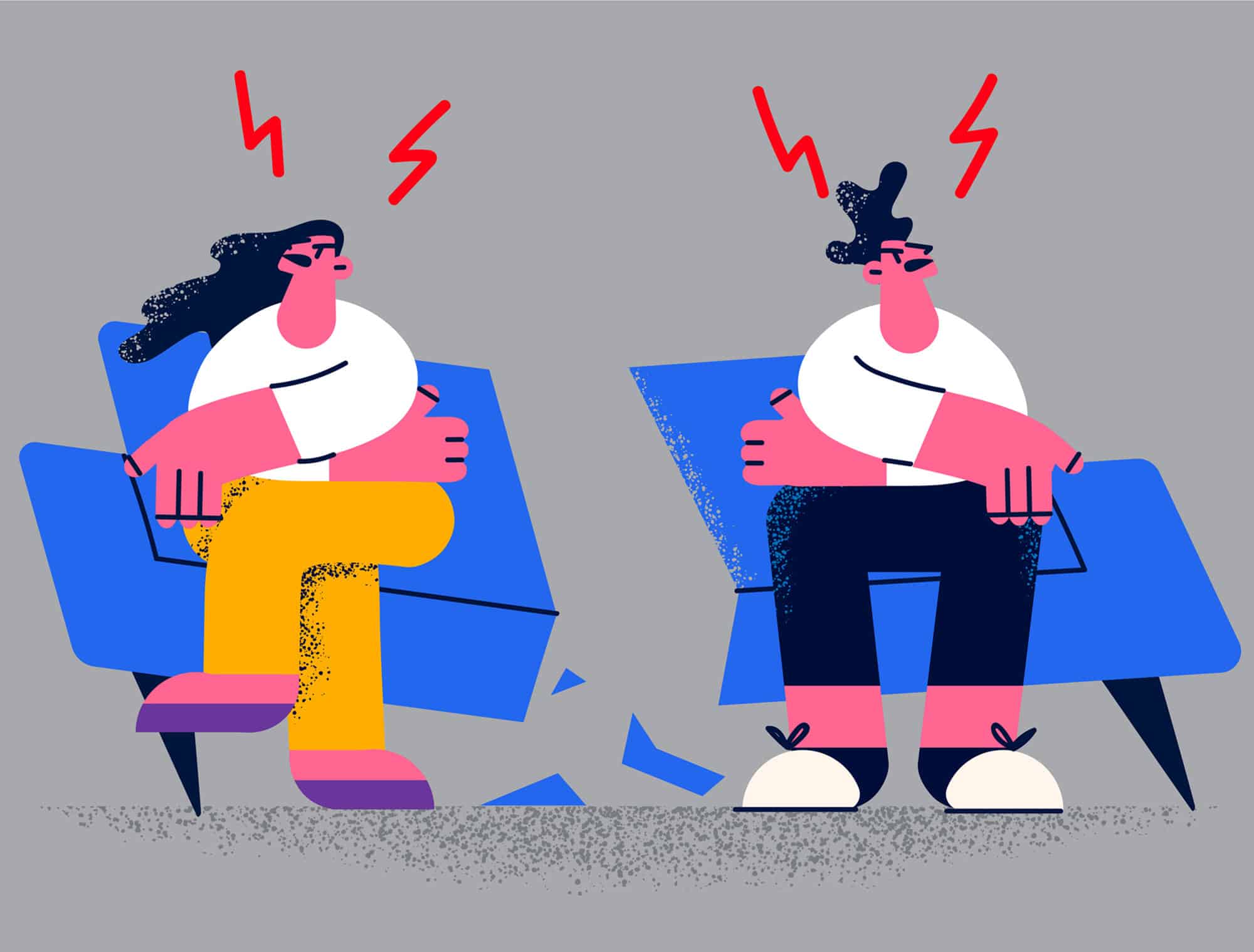Each year I enjoy a special weekend attending the Wisdom 2.0 conference in San Francisco with my daughter, Molly. And a second pleasure is sharing some insights from the conference with you. It helps me remember and solidify the experiences and learning.
The central question of this year’s conference was, “How can we live with wisdom, awareness and compassion in the digital age?”
But first, let’s begin with an experiment. Think about the last mistake you made, big or small. Put your hands high up in the air, spread them apart, and then put a big smile on your face.
With a really big smile on your face, say loudly, “I failed. I screwed up. I really, really screwed up.”
What do you feel right now, saying this with a big smile and with your arms up and outstretched in such an undefended position? If you enjoyed doing this, you will likely take yourself and your mistakes less seriously. With the right clients, it can be a non-threatening way to introduce more accountability.
This was a delightful exercise presented by Zoe Galvez and Betsy Crouch from ImprovHQ. They presented improv skills as very useful in business but I immediately saw how useful they could be with couples. I’m already experimenting using it with some partners who come in complaining about a fight. It’s a fun way to encourage each of them to be more accountable.
Improv
To be good at improv requires:
- Being in the moment
- Training for the unexpected
- Handling mistakes with grace
- Making your partner look good
- Doing hyperactive listening
What partners wouldn’t benefit from these skills?
Here is another great exercise. We were paired up with a partner, and the goal was for one partner to exactly mimic the other. The first partner would talk and the other partner would repeat what the first partner was saying simultaneously, in the same tone of voice. This required exquisite listening skills and it pointed out how carefully one must attend to all of someone’s mannerisms and voice inflections to really listen well. It was illuminating, to say the least.
The next time I listen to a couple complaining that they have nothing in common or have no shared activities, I am going to encourage them to take an improv class together.
Focus
Dr. Larry Rosen is a research psychologist and author of “iDisorder: Understanding Our Obsession With Technology and Overcoming Its Hold on Us.” For over 25 years Dr. Rosen and his colleagues have examined reactions to technology across more than 50,000 people in the United States and in 22 other countries.
At the conference he presented some unnerving information about kids’ study habits.
He found that most students, high school through graduate school, could only focus for about five minutes before they became distracted by technology. He also reported that 67% of the study’s subjects checked their smartphones at least once every fifteen minutes.
Students with the lowest grades had the most computer windows open, shifted tasks frequently, and couldn’t refrain from checking Facebook even once during a short 15-minute study period.
He was particularly interested in anxiety arousal among medium- and high-frequency tech users. These tech users showed increasing levels of anxiety the longer they were separated from their devices. After their anxiety increased, it took as little as 25 seconds before they ‘resolved’ their anxiety by accessing digital entertainment, such as videos, games or Facebook.
He believes it is crucial in this high-tech age that educators and parents teach children how to focus and be attentive.
Here’s one way:
- Tell your student or child to look at their phone for one minute.
- Then turn it off, turn it upside down and put it in front of him or her.
- Wait 15 minutes and then offer another one-minute opportunity to check the phone.
- Wait another 15 minutes and repeat the one-minute phone check.
- Successively extend the waiting period to 20 minutes, and then to 30 minutes, always with the phone upside down but definitely in view.
Teachers who used this approach found that students became increasingly more focused on their studies, and anxiety levels decreased. The students realized that the adults would not stop them from checking. When it was no longer forbidden, the students allowed fewer distractions and kept greater focus.
He reviewed other significant ways for both adults and kids to calm the brain and increase focus:
- Meditation
- Biofeedback
- Exercise
- Listening to music
- Looking at beautiful art
- Taking a nature walk for five minutes
- Taking a hot bath or shower
- Laughing
- Having a positive conversation with a friend
- Practicing a foreign language
- Playing a musical instrument
Dr. Rosen also recommends that each person:
- Be aware of their technology habits and know what distracts them when in technology environments
- Take deep breathing breaks once every two hours in the day
- Make clear choices to focus on only one activity at a time
There is a lot more to share, so I’d love your feedback. Would you like more of these insights from speakers at the conference? This is a departure from my couples therapy blogs, but I find some of the ideas fascinating and useful in the right moment with clients.
What do you think?
Hoping to add a little wisdom, awareness or compassion to your journey,
Ellyn
P.S. Better emotional connections with kids are possible when homework and technology distractions are managed well. Parents don’t always agree on how to approach these challenges. Hand In Hand Parenting founded the ‘parenting by connection’ approach. Pete and I joined them to share our expertise and insights for couples’ teamwork in a session called “Partnering Well As Parents.“ You can listen to a recording of it by making a donation of any amount to Hand In Hand. Learn innovative lessons to use with your clients or your own family, and feel good about helping other families at the same time.


 We respect your privacy.
We respect your privacy.



